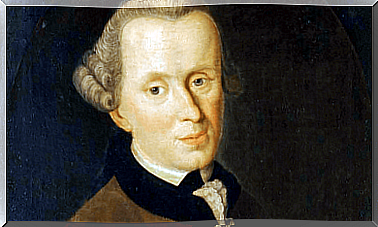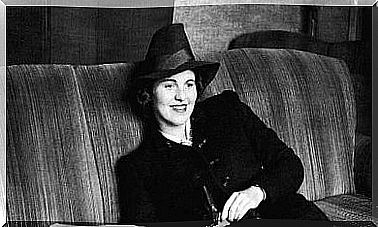Pride, This Great Conflict Generator

As with all concepts, or as with everything in life, there are never definitive categories or absolute definitions. This happens with pride, which can be put to good or bad use. In psychology, two types of pride have been defined, positive and negative. Positive pride is called self-esteem and self-confidence, and negative pride is called pride.
The first is necessary for us to feel safe and lead a balanced life, to value ourselves in our fair measure, to situate ourselves in our life and be proud of it: this is something absolutely healthy. The second pride, the one that distances us from the world, will be the best conflict generator that we can include in our lives.
The positive side of pride is defined as the excess of esteem for oneself and for one’s own merits, which is why the person believes he is superior to others. This kind of pride leaves us unable to recognize and rectify our own mistakes and highlights a lack of humility.
Humility, a quality contrary to pride, is what allows us to adopt an open, flexible and receptive attitude in order to learn what we do not yet know. Proud people transmit a lot of mental complaints due to their exaggerated ego, complaining about people, situations, weather, country, etc. This will inevitably cause them to jump from one conflict to another.
When pride turns to haughtiness
The word superb comes from the Latin superbĭa and is a feeling in which a person values himself in relation to others, an overvaluation of the self in comparison with others. It is a feeling of superiority that makes one boast about one’s own qualities or ideas and despise those of others. It can be said that pride can lead to pride. Pride is a proud attitude that finds its definition in the boldness of the self-bragging person.
These people can be very ideologically intolerant, clinging to a unique posture and not allowing any contribution from others. Their capacity for self-recognition is very low, as well as showing great resistance to asking for forgiveness and personal change: they don’t think about change, because they think they’re doing everything right.

These people have an emotional hardening, an emotional distance. They hardly forget an offense. These characteristics block interpersonal relationships.
Honesty to bring down our pride
Honesty can be very painful at first, but in the medium term it is very liberating. It allows us to face the truth about who we are and how we relate to our inner world. This is how we begin the path that leads to our emotional well-being. Cultivating this virtue has a number of therapeutic effects.
First, it alleviates the fear of getting to know each other and facing our dark side. It also does not allow us to continue to wear a mask to please others and to be accepted in our social and work environment. In turn, this quality prevents us from continuing to hide our emotional conflicts under the rug.

Honesty gives us strength to question ourselves, identifying the falsehood and lies that threaten us, as temptations, from within. As honesty becomes part of our being, our pride will eventually fade by not having to play roles, in order to convey the image of someone we are not.









